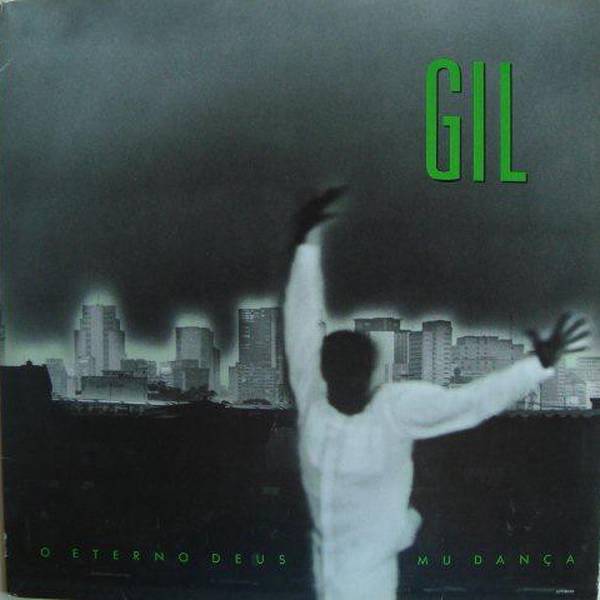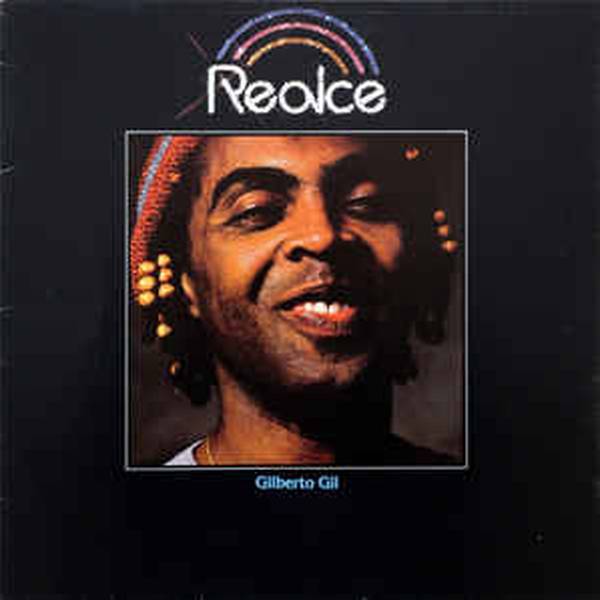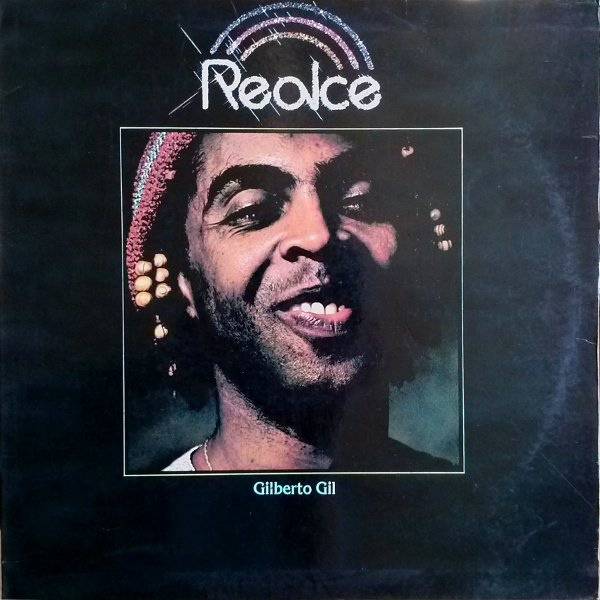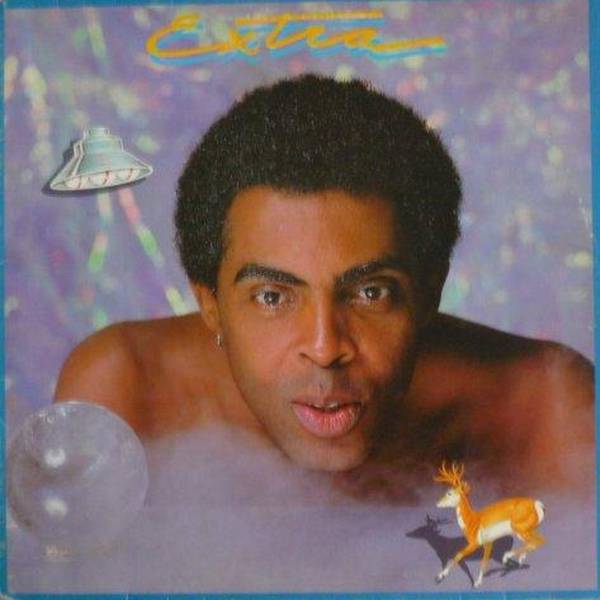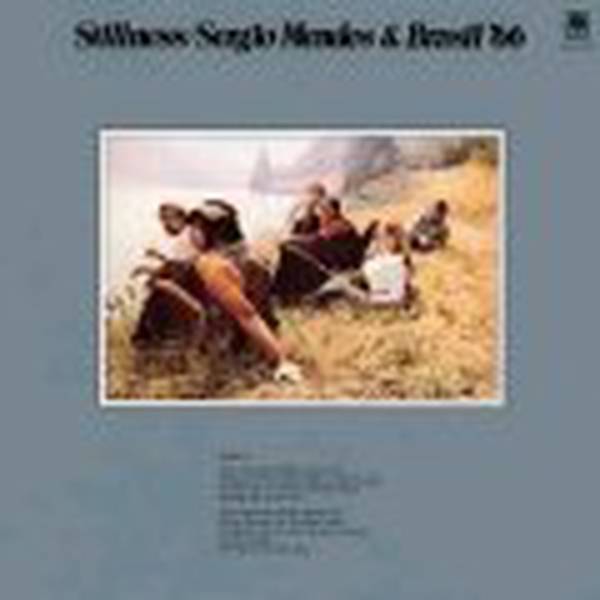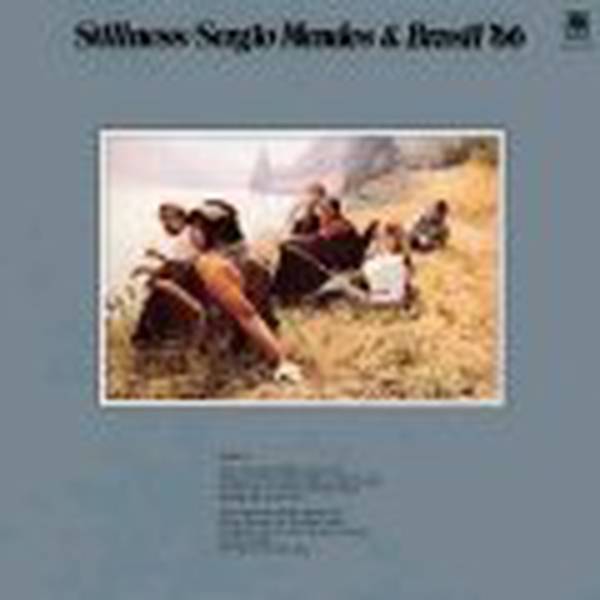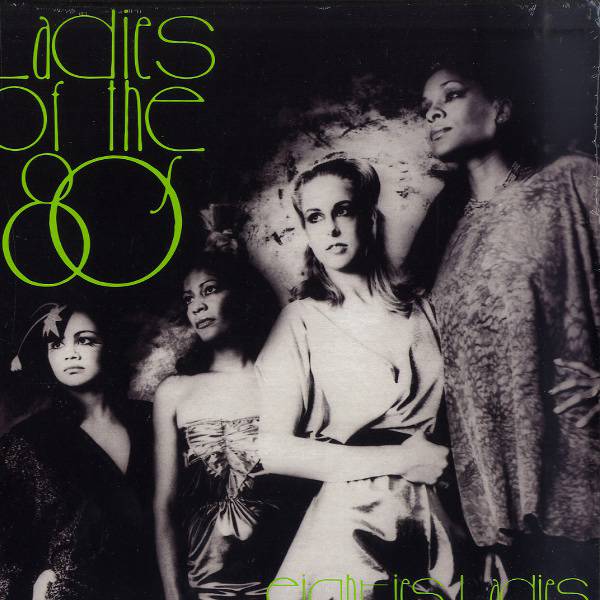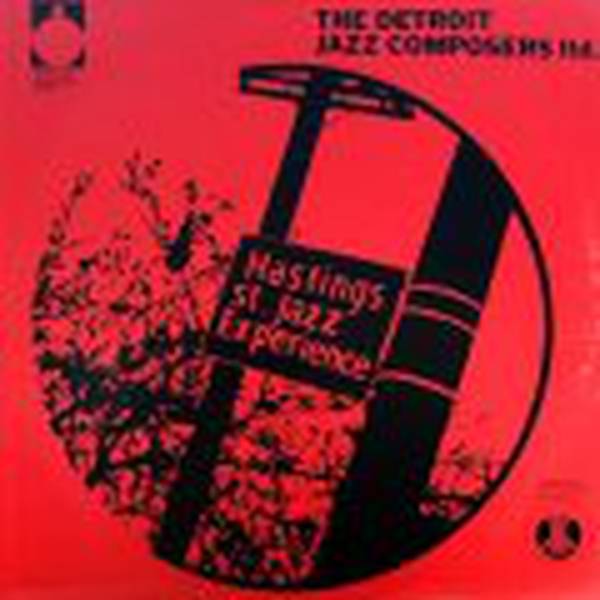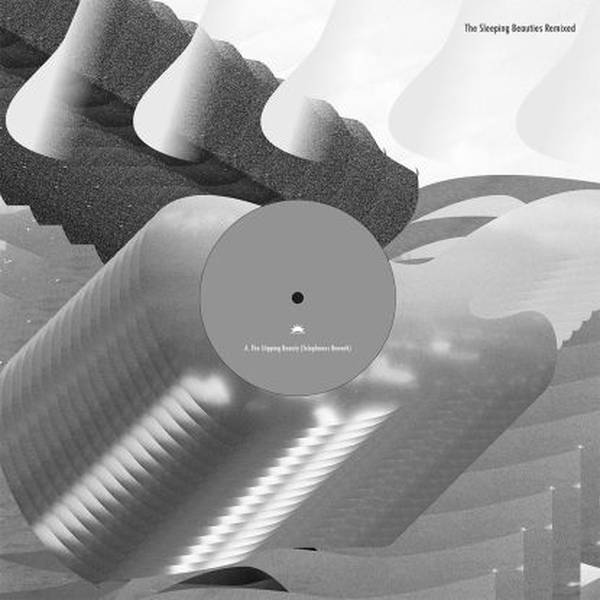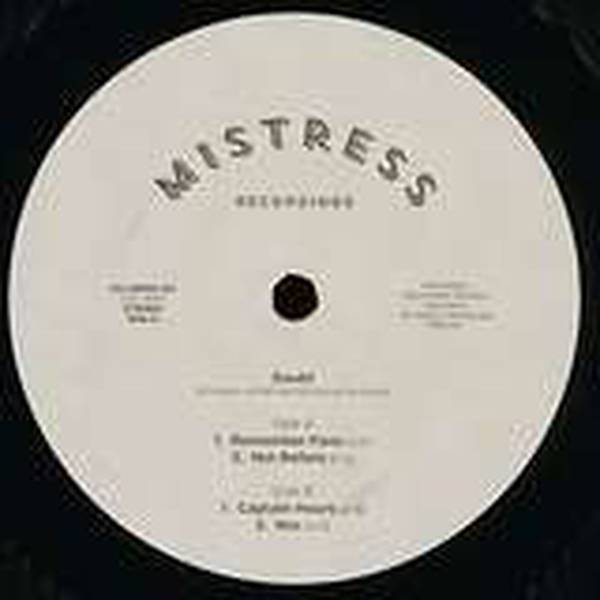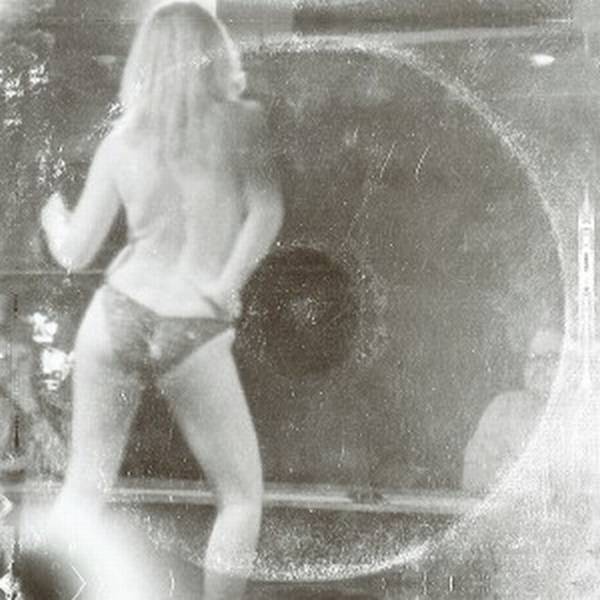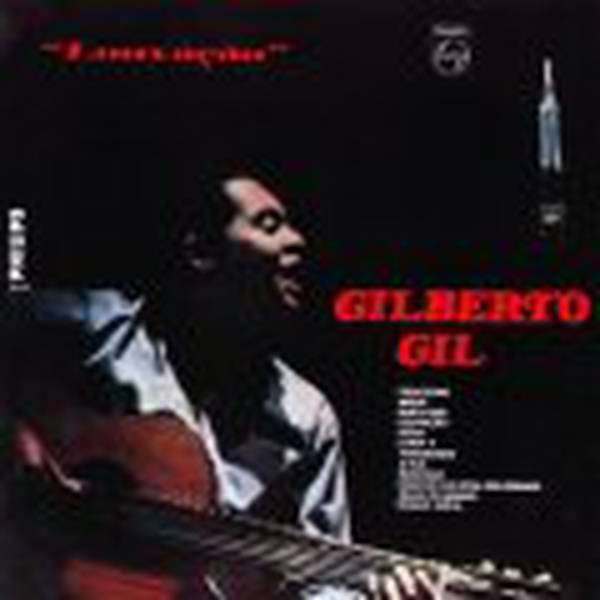
Tax included, Shipping not included
Tracklisting:
1. Louvacao
2. Beira Mar
3. Lunik 9
4. Ensaio Geral
5. Me Perdoe Maria
6. A Rua
7. Roda
8. Rancho da Rosa Encarnada
9. Viramundo
10. Mancada
11. Agua de Meninos
12. Procissao
This is the debut album from Gilberto Gil, first released in Brazil in 1967, at a time when Gil was a man already at the height of his creative powers and yet barely a few years into his career.
The album has been digitally remastered here and made available on Soul Jazz Records/Universal Sound cased in deluxe bespoke original artwork exact reproduction hardboard Japanese-style box case CD limited to 1500 copies worldwide.
The similarly deluxe limited vinyl edition (1000 copies worldwide) comes on super-loud, super-heavy 180gm audiophile vinyl edition.
In 1967 Gil was already established as a Bossa Nova star in Brazil and had helped launch Musica Popular Brasileira, introducing traditional northern folkloric styles into the urban bossa nova style to create a new hybrid that effectively defined Brazilian popular music for the next 25 years.
Just around the corner the musical and cultural anarchy of the Tropicalia movement was about to be created by Gilberto Gil, Caetano Veloso, Tom Ze and Os Mutantes.
Even though the movement lasted barely a year, its cultural and political impact would lead to the military dictatorship deporting both Gil and Veloso from Brazil at the end of the 1960s, first to France and then to Britain for a three year period.
Gil had first met Caetano Veloso in Bahia in the early 1960s. Alongside Maria Bethania, Gal Costa and Tom Ze they had formed the Group from Bahia. In 1965 he moved to Sao Paulo to launch his solo career after Elis Regina had a hit with Gil's own composition Louvacao.
This debut 1967 album showed how confident Gil was in his musical inventiveness. As well as the title track, the album includes seminal tracks that have become classics of Brazilian contemporary music.
Viramundo (later covered by Sergio Mendes) effortlessly blended the north-eastern accordion baiao and xaxado rhythms of Luiz Gonzaga. Procissao, in contrast, took its starting point as the religious processions found in the Afro-Brazilian centre of Salvador. Songs such as Roda, instantly became classics of Brazilian popular music.
Add to this the lyricism of poets and artists Chico Buarque, Torquato Neto, Capinam, Caetano Veloso, Tom Ze and Gil himself and we are presented with one of the most significant debut albums of Brazilian music from one of the most important artists in Brazil to this day.
